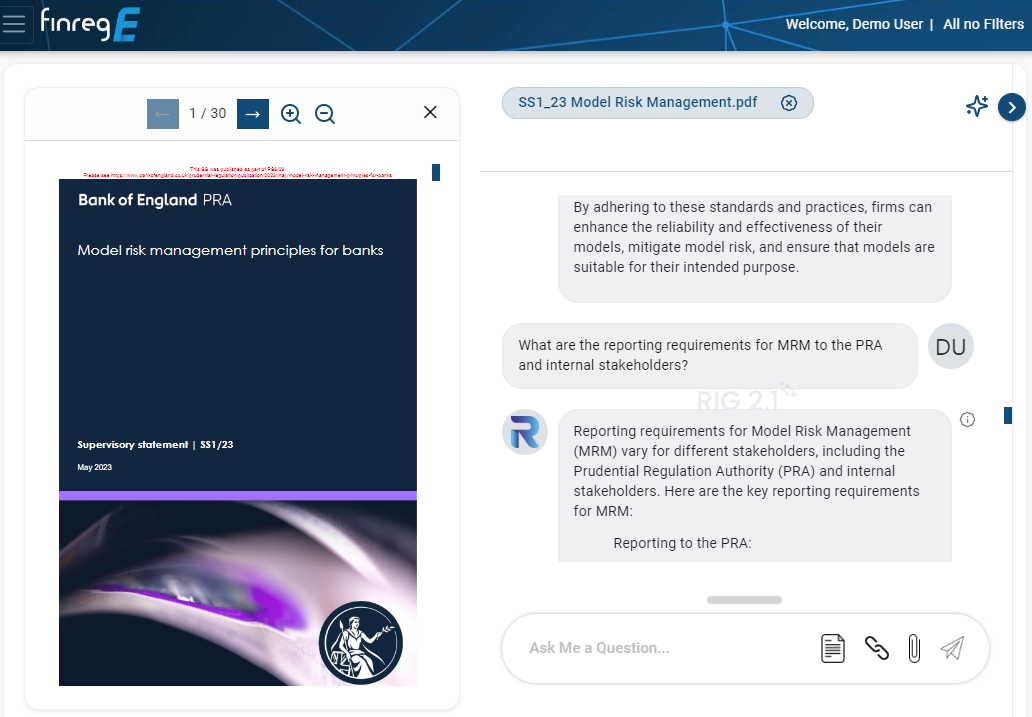In March 2021, the European Commission (EC) passed the Sustainable Future Disclosure Regulation (SFDR). The new ruling is the EC’s attempt to harmonise rules when organisations disclose sustainability risks and opportunities.
Applicable to different financial institutions such as asset managers, banks, and insurers, the goal is to overcome the roadblocks that prevent investors from accessing the sustainability information they need to make prudent investment decisions.
To accomplish this, the SFDR aims to improve disclosure regulation so that institutional asset owners and other consumers understand a firm’s sustainability initiatives and can compare financial products more effectively.
The SFDR was also designed to protect European firms within the EU from unfair competition and to counter greenwashing.
With this legislation, the EC believes that investors will have a better understanding of where their investment funds are going. They also hope to achieve a more sustainable financial sector and encourage financial organisations to support sustainable activities by funnelling capital towards organisations with robust green policies and initiatives.
Today, the legislation fits in line with the broader set of EU initiatives and policies structured around the EU Green Deal, where the objective is to build a sustainable economy within the EU.
However, the ruling poses a question about compliance disclosure regulation and whether financial institutions can adjust internal procedures to meet these new requirements.
Preparing for far-reaching sustainability regulations
With the SFDR passed, financial institutions must ensure that their operations reflect the direction the new legislation is taking.
Making these changes remains a significant challenge for most organisations, however, given the scope and scale of their operations; the SFDR requires comprehensive changes to operations and reporting procedures.
Fortunately, there are several measures organisations can take to align their operations with these requirements with minimal disruption to their activities or objectives.
Incorporate RegTech into your operations
Given the ambitious scope and scale of the SFDR, your regulatory team may have a hard time determining how these changes relate to internal business operations.
To work around this problem, integrating RegTech solutions into your processes can be a practical way to make this transition smoother. Today, these solutions automate several critical operations related to compliance, streamlining them to reduce the administrative burden on your team by leveraging technologies like AI, NLP, and topic modelling.
Given how extensive SFDR’s requirements are, RegTech platforms can collect, process, and arrange information in an organised taxonomy for easier consumption, making it easier to assess regulatory data and implement the necessary changes across your operations.
This includes converting SFDR regulatory laws into suitable internal mechanisms, controls, and processes.
Now, instead of spending hours identifying regulatory compliance gaps within corporate operations, regulatory teams can detect potential gaps in SFDR compliance in minutes, cutting down the time and effort required to ensure regulatory compliance.
Devise strategy to streamline your sustainability initiatives
A key best practice to meet the requirements of the SFDR more proactively along with industry and consumer priorities is to start by identifying sustainability risks that could impact your operations.
In doing so, it’s easier to devise remedies that mitigate this impact by applying due-diligence guidelines that follow SFDR requirements. Then, use your data to define strategic sustainability targets contributing to an environmental or social objective.
You can then determine the environmental impact arising from your activities based on specific KPIs and what measures you can take to remedy these effects.
This data will then inform your strategic sustainability targets in a bid to improve your carbon footprint and reduce regulatory risks related to the SFDR.
Work towards a more sustainable finance industry
With the SFDR passed, sustainability has gone from an optional objective to an integral part of your business operations.
Today, there is an urgent need to balance the demands of new compliance regulations while remaining flexible, agile and profitable. With more proactive sustainability strategies and cutting-edge RegTech solutions, this objective is much easier to achieve than it has ever been—all it requires is the right investment.


